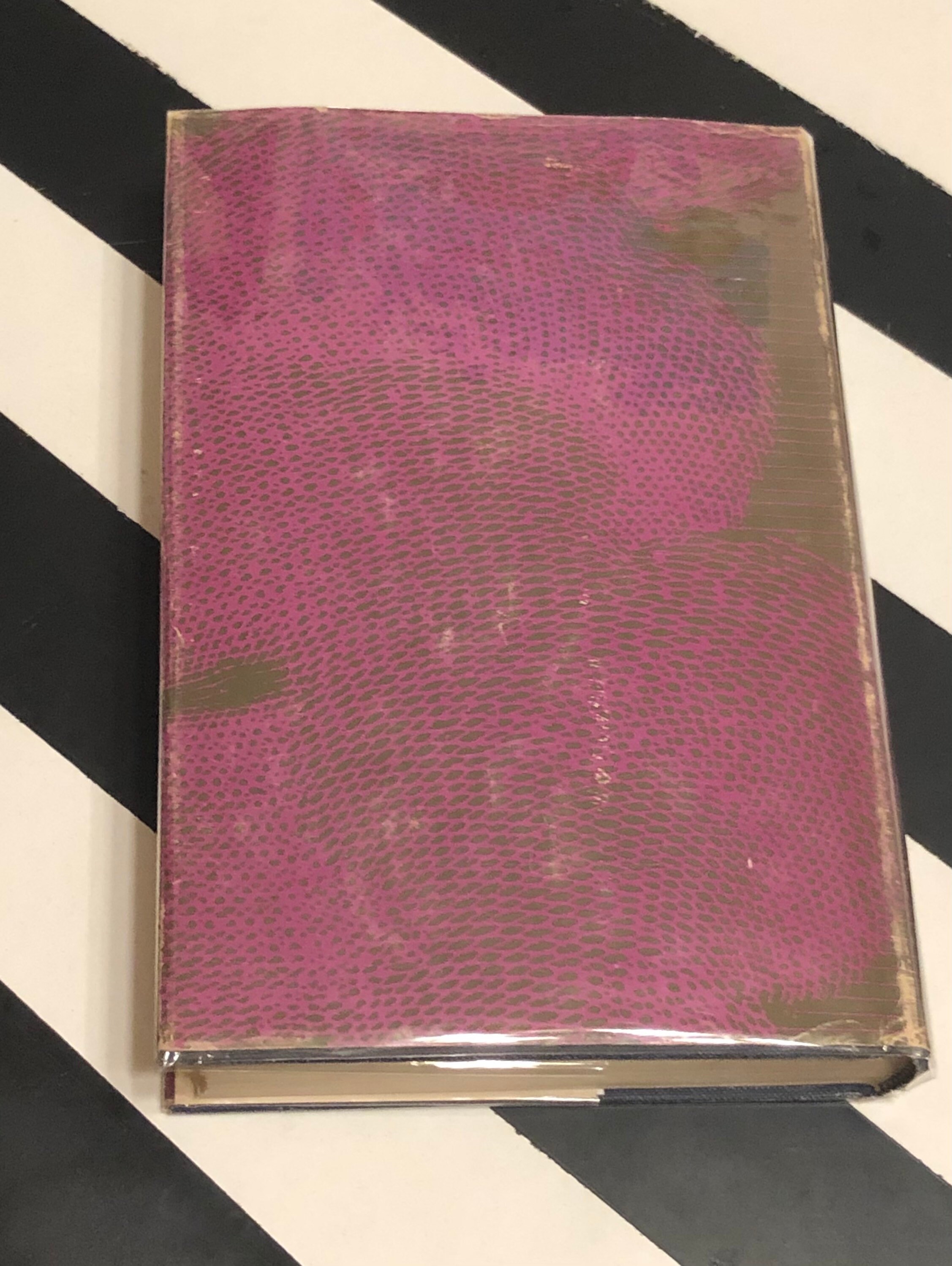

Its uniqueness is quite obvious: there is just no equivalent to "Paradise Lost/Regained" no other attempt has ever been made to match Milton's poems either in their magnificence nor in their complexity.Ī complexity that is less in their structure (iambic pentameters of blank verses: not rhyming) than in the maze of conflicting undertones of Milton's lyrical speech, a beautifully crafted masterpiece of English XVII century poetry, Christian theology, traditional imagery. Two factors make his work the greatest achievement in Christian epic poetry: its literary uniqueness and its religious unorthodoxy. John Milton's poems are much more than the epic account of the Fall of Man and the redemption brought by Jesus Christ. Samuel Johnson praised Paradise Lost as "a poem which.with respect to design may claim the first place, and with respect to performance, the second, among the productions of the human mind," though he (a Tory and recipient of royal patronage) described Milton's politics as those of an "acrimonious and surly republican".īecause of his republicanism, Milton has been the subject of centuries of British partisanship. William Hayley's 1796 biography called him the "greatest English author," and he remains generally regarded "as one of the preeminent writers in the English language," though critical reception has oscillated in the centuries since his death (often on account of his republicanism).

Writing in English, Latin, Greek, and Italian, he achieved international renown within his lifetime, and his celebrated Areopagitica (1644)-written in condemnation of pre-publication censorship-is among history's most influential and impassioned defenses of free speech and freedom of the press.

Milton's poetry and prose reflect deep personal convictions, a passion for freedom and self-determination, and the urgent issues and political turbulence of his day. He wrote at a time of religious flux and political upheaval, and is best known for his epic poem Paradise Lost (1667), written in blank verse. John Milton was an English poet, polemicist, man of letters, and a civil servant for the Commonwealth of England under Oliver Cromwell.


 0 kommentar(er)
0 kommentar(er)
